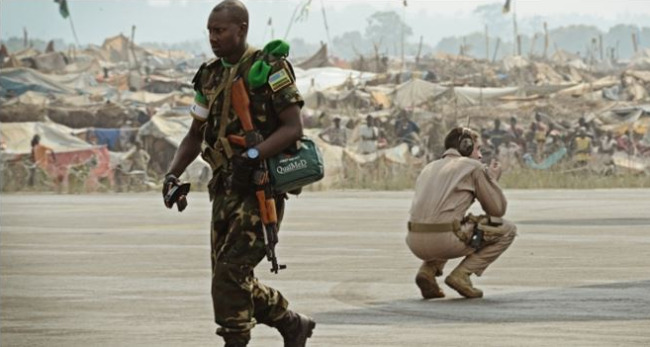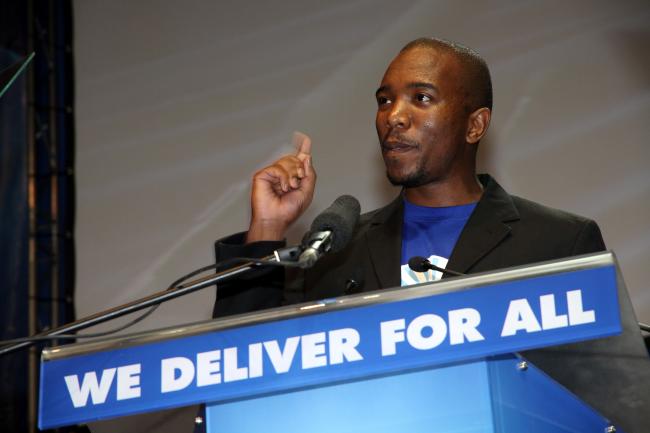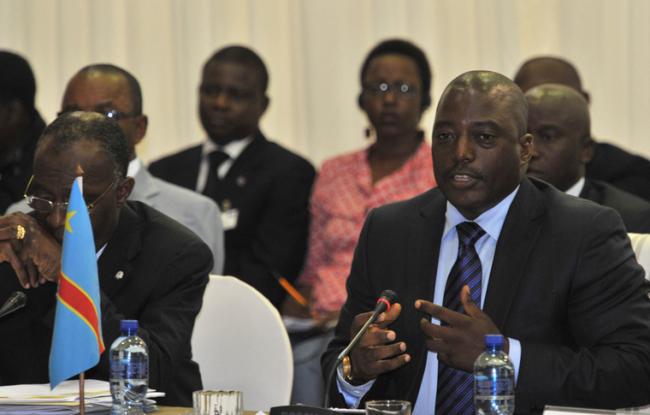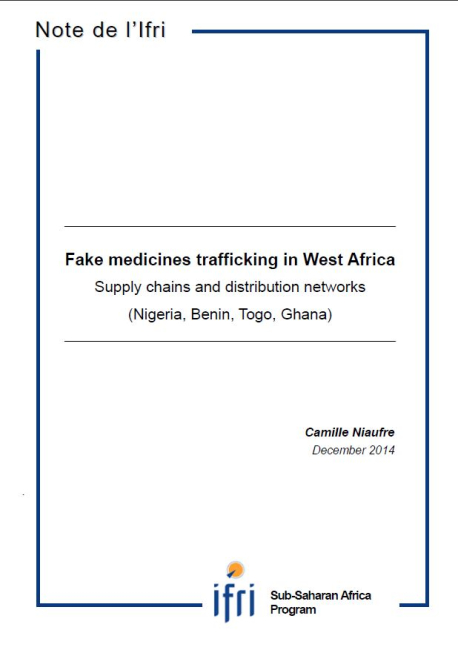Sub-Saharan Africa
Sub-Saharan Africa is not monolithic. While crises in the Sahel have attracted a great deal of attention, other regions also need to be monitored, and not just through the prism of security.
Related Subjects

Claiming "The People": Youth Booms, Ailing Authoritarians and "Populist" Politics in Kenya, Uganda, and Tanzania
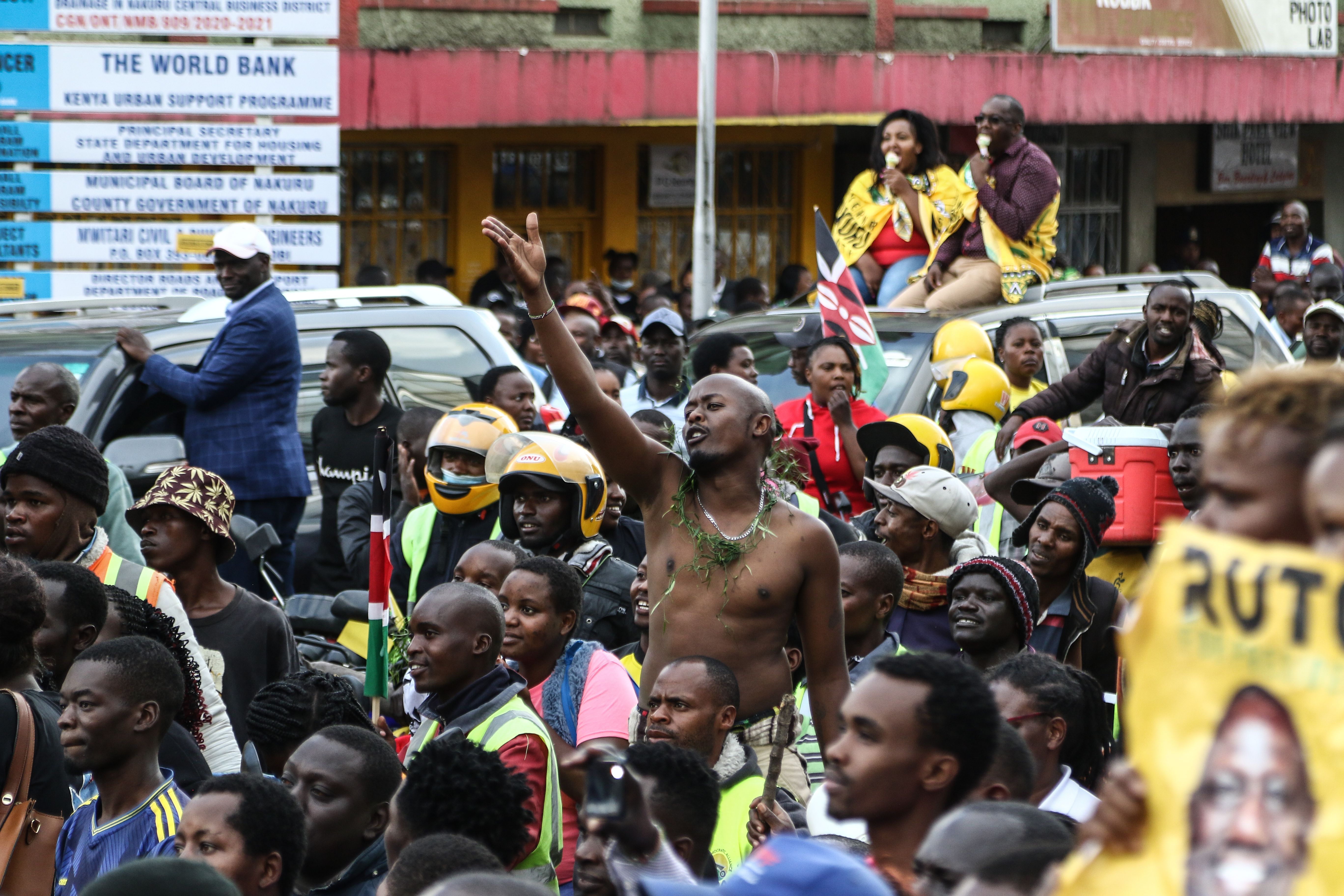
This study analyses the emergence of so-called “populist” political tendencies in three East African countries: Kenya, Uganda and Tanzania. It builds its analysis on a wider discussion of the term “populism”, its use and applicability in (eastern) African settings before going on to examine the drivers of three cases of populism: William Ruto’s 2022 election victory in Kenya and the “Hustler Nation”; Bobi Wine’s opposition to Yoweri Museveni in Uganda; and John Magufuli highly personal style of government in Tanzania.
Thinking and Anticipating the Socio-Economic Impacts of the Humanitarian Response in the Central African Republic
Nowadays, the Central African Republic (CAR) is a country dependent on international aid.
The Election of Mmusi Maimane as Leader of the Democratic Alliance: a New Era for the Opposition in South Africa
At the end of the Democratic Alliance (DA)’s federal congress held in Port Elizabeth on Sunday 10th May 2015, Helen Zille was replaced by Mmusi Maimane after eight years as leader of South Africa’s largest opposition party. This passing of the baton had a significant impact both nationally and internationally because of the colour of Mmusi Maimane’s skin: for the first time, the party will actually be led by a black man. More than 20 years after the end of apartheid it may seem surprising that this event has excited people’s curiosity and interest, but it demonstrates that until now South African politics have often been polarized along race lines.

Boko Haram, an Exception within the Jihadist Movement?
Boko Haram was created in 2002 and has been led since 2010 by Abubakar Shekau; however, we still know little about it.

South Sudan: From Disaster to Chaos
South Sudan is still neither a state nor a nation. Torn apart by ethnic rivalries, divided between diverging ideas about state organization, its only means of political dialogue is war.
DRC’S Regional Positioning, in Between the African Great Lakes and Southern Africa
How transparent are the Democratic Republic of Congo’s regional strategies?
Fragility Factors and Reconciliation Needs in Forest Guinea
In December 2013 the first Ebola cases surfaced in Guéckedou district, near the Liberian and Sierra Leon borders in the Forest Region of Guinea. The outbreak quickly spread from Forest Guinea to the rest of the country and, through the borders, to neighbouring countries. It took three months to identify the Ebola virus as the causative agent of the burgeoning epidemic, longer for the Guinean government to understand the importance of treating the outbreak as a national emergency, and even more time for everyone involved to appreciate the great social toll of Ebola.
Oil and Gas in Eastern Africa: Current Developments and Future Perspectives
The position of oil companies toward East Africa has changed considerably since 2006 when the first reserves in Uganda came to light. However, for many investors interested in the region, it remains difficult to get a clear picture of the scale of developments of this sector.
Nigeria's 2015 Presidential Election: Deciphering a High-risk Operation
Nigeria is entering a new electoral cycle, holding its sixth general elections since the restoration of civilian rule in 1999. The elections were initially scheduled for February 14 (presidential elections) and 28 (governorship elections), 2015. The first round has now been postponed until March 28. The issue of the threat posed to Nigeria by Boko Haram is not, as one might expect, at the heart of the debate surrounding the presidential campaign in the country. Nevertheless, the peculiar security context in which the forthcoming elections will take place, as well as the changes under way in Nigeria's political landscape, make this vote unique. It is therefore essential to analyze the various issues at stake in the country's sixth general elections.
Fake medicines trafficking in West Africa: Supply chains and distribution networks (Nigeria, Benin, Togo, Ghana)
On December 13, 2013, in response to an Interpol initiative, the first ever African Conference on pharmaceutical crime was held in Addis Ababa, Ethiopia. Its final communiqué declared the intention of 20 countries to reinforce the struggle against the production of counterfeit drugs.

Ebola: A Post-colonial Epidemic
One reason Ebola has been so difficult to contain is that it emerged in countries marked by poverty and violence.
Support independent French research
Ifri, a foundation recognized as being of public utility, relies largely on private donors – companies and individuals – to guarantee its sustainability and intellectual independence. Through their funding, donors help maintain the Institute's position among the world's leading think tanks. By benefiting from an internationally recognized network and expertise, donors refine their understanding of geopolitical risk and its consequences on global politics and the economy. In 2025, Ifri supports more than 80 French and foreign companies and organizations.







